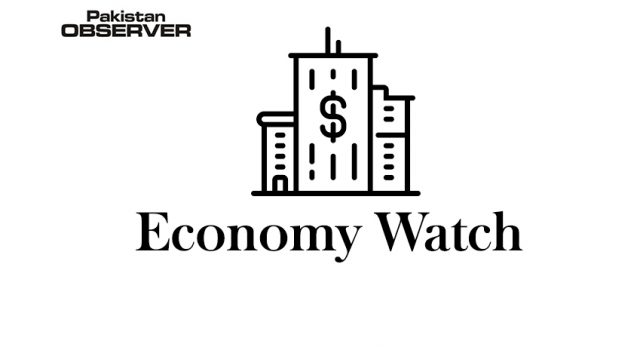GERMANY The German package reveals a serious misunderstanding of the nature of the crisis. The Euro group of eurozone finance ministers is struggling to agree on a macroe conomically significant coordinated fiscal response to the enormous recessionary effects of the Covid-19 pandemic. The result, I fear, will be heroic announcements heralding impressive numbers that disguise the irrelevance and timidity of the agreed policies. The first indication of this comes from the recent announcement of the German government’s financial aid package to the private sector. While the international media referred to it as a $600 billion bazooka, close inspection suggests it is no more than a water pistol. Comprising tax deferments and large credit lines, the German package reveals a serious misunderstanding of the nature of the crisis. And it is the same misunderstanding that turbocharged the euro crisis a decade ago. Now, as then, companies and households are facing insolvency, not illiquidity. To arrest the crisis, governments must go ‘all in’ with stupendous fiscal expansion. But that is exactly what the German package was meant to avoid. Finance ministers from countries in deeper economic trouble than Germany (for example, Italy and Greece) will undoubtedly try to push for the necessary fiscal expansion. But they will hit the brick wall of opposition from the German finance minister and his loyal supporters within the Eurogroup. Soon the “southerners” will fold their tent, their acquiescence sealing yet another fiscally insignificant Eurogroup package that the oncoming recession will steamroll. How can I be so sure? Because I’ve been there. I represented Greece at the Eurogroup meetings in 2015, where the defeat of our government’s desperate struggle to avoid more loans at the expense of deeper recession was decided. The methodical manner in which those Eurogroup meetings closed down any avenue to a rational debate on the appropriate fiscal policies holds the key to understanding why the Eurogroup will also fail to mount an effective fiscal defense against the pandemic-induced shock. One insight from those crucial Eurogroup meetings five years ago stands out: any finance minister from a struggling country who dares oppose the Berlin line, or to propose solutions that benefit the majority of Europeans rather than the financial sector, is in for a hard ride. I came in for a very hard ride. Anyone listening to the long hours of the 2015 Eurogroup meetings, now freely available, will hear the President of the Eurogroup threatening to end the negotiations if I dared to table written proposals that Germany did not want discussed (only to brief the media later that I had arrived “empty-handed”). The 2015 Eurogroup meetings offer listeners a front-row seat on the blood sport that is unaccountable power. It’s all there: Crucial decisions flying in the face of science and simple mathematics. Bullying the weak until they surrender. Thinly disguised theft. Fake news weaponised against those who dare to resist. And last, but not least, contempt for transparency and the other checks and balances essential in any democracy. It is no coincidence that these themes are now so prevalent across the West. The Eurogroup meetings of 2015 were, I dare to say, the field of European democracy’s defeat, which reverberated not just across Europe but also in the Americas and elsewhere. Within less than a year, Brexit and the election of Donald Trump were no longer amusing hypotheticals. The practices that the liberal establishment now decries were on vivid display in those Eurogroup meetings – the same institution that, today, is deciding on Europe’s fiscal policy response to the coronavirus recession. Eurosceptics, whether outside the European Union, like Trump and Russian President Vladimir Putin, or inside, like Hungary’s Viktor Orbán, Italy’s Matteo Salvini, and France’s Marine Le Pen, will undoubtedly take heart from the release of the 2015 Eurogroup transcripts. —Agencies










